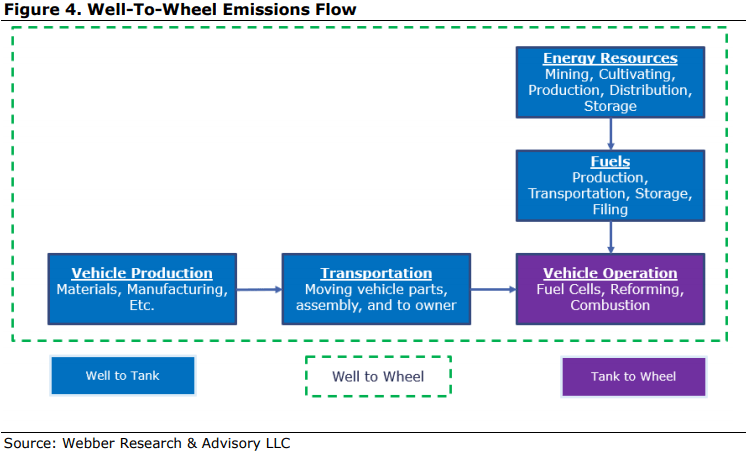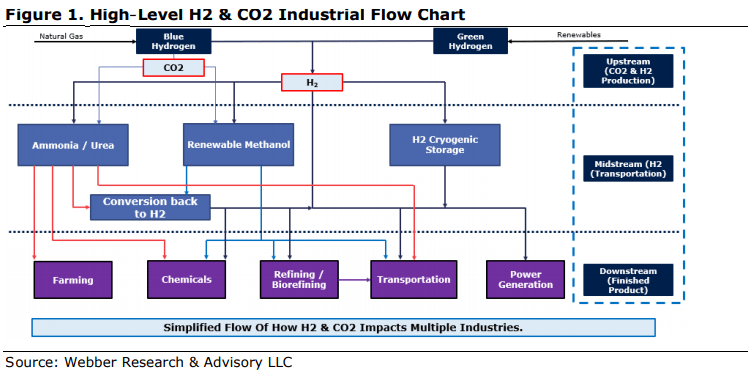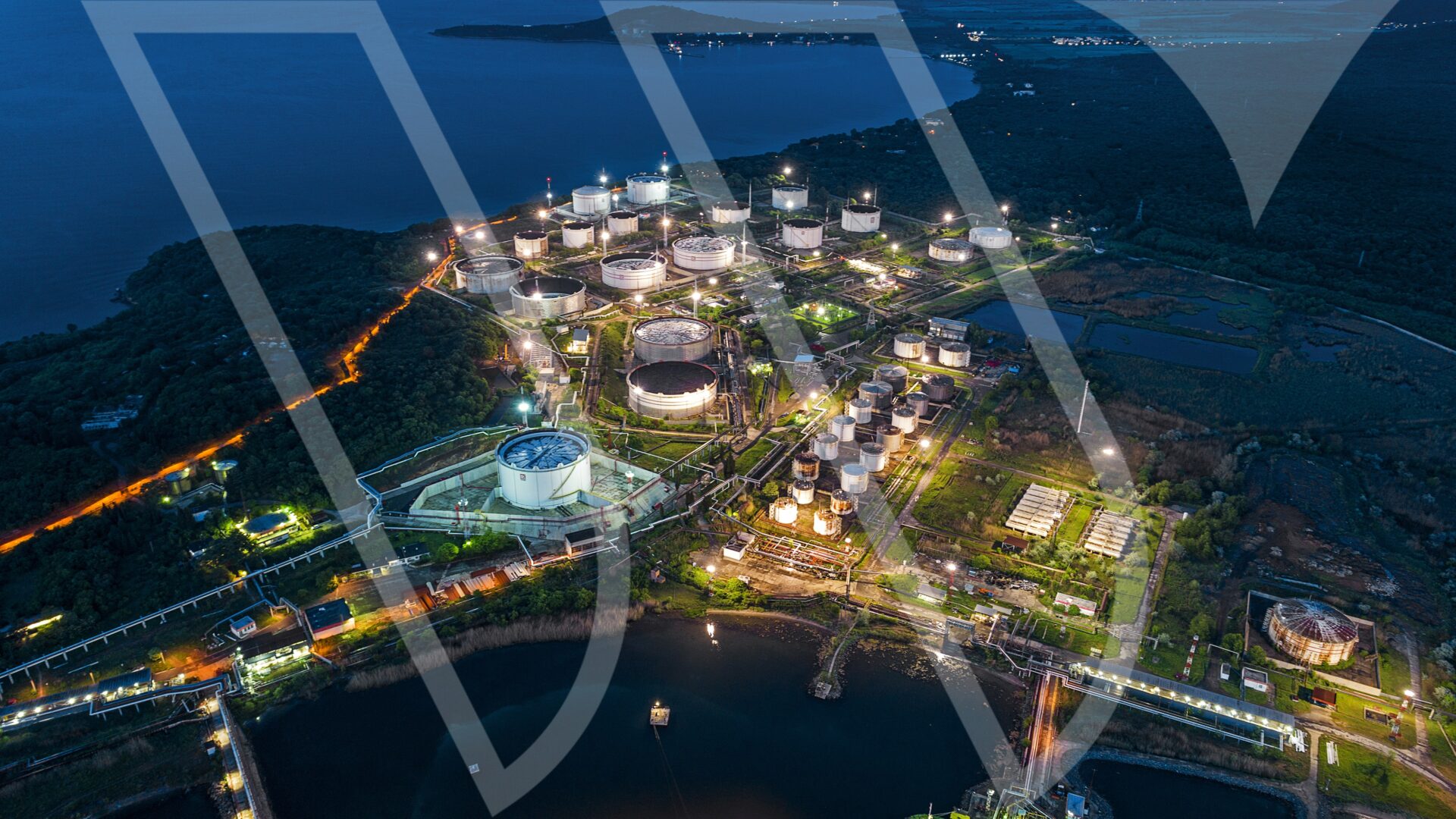
Webber Research: Reviewing California’s Rollout Plans For A Hydrogen Fueling Network
Webber Research: Reviewing California’s Rollout Plans For A Hydrogen Fueling Network Evaluating Safety, Cost, & Implementation Data
For full access information, email us at [email protected], or at [email protected]
In mid-November the California Air Resources Board (CARB) published initial plans detailing the development and implementation of a light-duty hydrogen fueling station networks, including a focus on financial self-sufficiency.
Specifically, CARB’s initial draft highlights:
1. Estimates around required state-support and eventual self-sufficiency
2. A comparison of existing market solutions, ongoing government research, and the latest awards in the Energy Commission’s Grant Funding program.
3. The economic sensitivity around FCEV deployment and the pace of network development.
4. Opportunities for cost reductions
5. Potential price reductions at the pump
6. Regional economic differences
Within the context of CARB’s report, we evaluated the economics and risks for deployment of Hydrogen fueling station options based on the following:
• Public Safety
• Climate Change and Air Quality – Tank to Wheel (TTW) – Well to Wheel (WTW)
• Gas Station Infrastructure Costs
• Hydrogen Costs at Pump for Consumer
W|EPC Takeaway: As highlighted below, if the primary goal of CARB is to reduce tailpipe emissions, we believe electric vehicles and hydrogen vehicles are the most viable options today. However, if the goal is to reduce total emissions and to implement hydrogen fueling as quickly, safely, and cost-effectively as possible, it opens the door for a mix of other fuel considerations – including biofuels, e-fuels, and other energy mediums to expedite the Hydrogen Economy. We believe how California ultimately balances those priorities will determine what it’s future fueling network looks like.
Climate Change & Air Quality
Air quality and the need for sustainable future fuels to reduce GHG emissions is driving alternative fuel technology development. CARB’s Low Carbon Fuel Credits (LCFC) are based on Well to Wheel Carbon Intensity Scores (CI) that identify upstream pollution caused by fuels.

Gas Station Infrastructure Costs
Future fuels (i.e. H2, Ammonia, Methanol) will require new infrastructure in almost all cases to meet federal and state emission guidelines. The Implementation cost of these can vary from storage retrofitting, to +$1 million infrastructure upgrades. The costs could further increase based on the engineering design and blast radius study results.
Hydrogen gas station equipment could include:
• Compressors – 350 bar pressure
• Above Ground Storage
250 bar pressure
250 kg storage
• H2 Dispenser Larger corporate gas stations may have the financial means to implement the costly infrastructure upgrades especially if supported by fuel tax credits. However, smaller gas stations may face challenges investing in the capital costs & the ~$2K/month electricity bill to own & operate the equipment.
Cost comparisons vs the low-cost alternative for Methanol:
• Hydrogen – See Figure 6. Multiple scenarios based on CARB capital cost estimates
• Methanol to Hydrogen in Vehicle – ~$50,000 per gas station to upgrade storage
• Methanol to Hydrogen at Pump – ~$1 million per gas station (250kg H2 storage)
Hydrogen Costs at Pump for Consumer: ~$16/kg and by 2030 as Low as $8/kg?
At the pump, the H2 price begins to stack up due to CAPEX, maintenance, safety, and production costs. We have provided a few options that have been considered for comparisons sake below that could further drive down the cost of hydrogen.
• Centralized Electrolysis: ~$8/kg
• Centralized Reformer (No Carbon Capture): ~$2.50/kg
• Methanol Reforming at Pump: ~$5/kg
Includes 250kg hydrogen storage and compression
• Methanol Reforming in Vehicle: ~$3.50/kg
Gas Station infrastructure cost are relatively minimal
For a methanol reforming at pump scenario, storage-related infrastructure costs could be lighter as Methanol is a potential mid-stream solution for hydrogen, and is generally easier to store in large quantities – potentially pushing the hydrogen cost at the pump level below $10/kg in a shorter timeframe.

For full access information, email us at [email protected], or at [email protected]
 client log-in
client log-in
